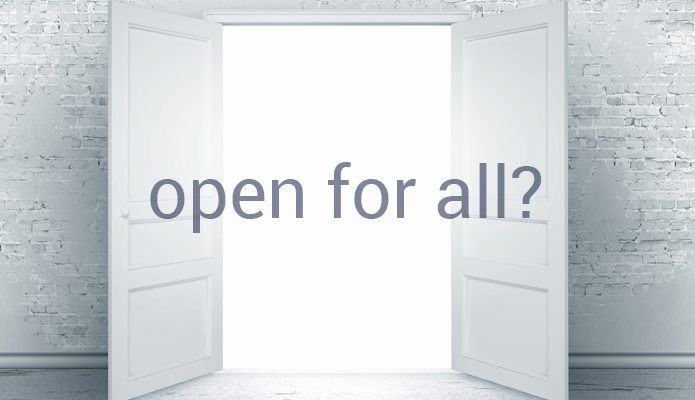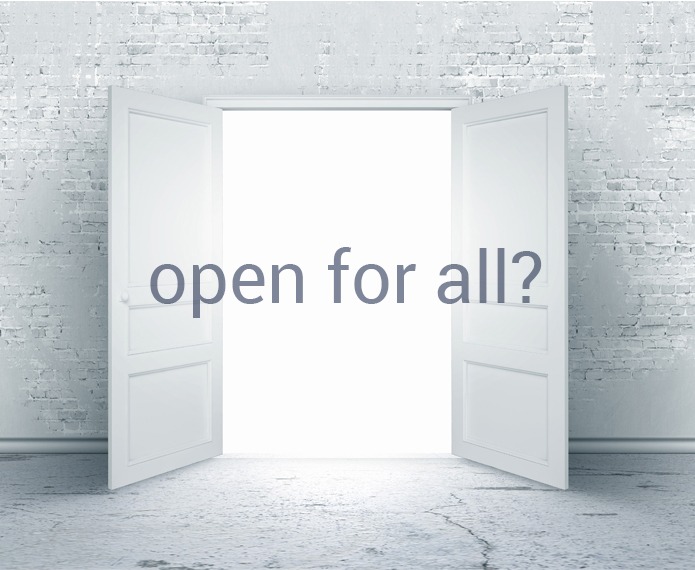The thinking of Comrade F. Dobler from the early 20th century remains relevant and even prescient: those who need open access to information may be those who are fundamentally excluded from public libraries.

Power
Canadian Chief Librarians have the kind of power and authority that their UK counterparts can only dream about. In Canada the Chief Executive Officer (CEO) / Chief Librarian is at the top of the management food chain, with no senior managers above them to block their plans or thwart their ambitions. In the UK most Chief Librarians have at least one, and more typically two, or even three higher level managers who they have to consult, influence, and persuade to get their plans realized and make their dreams come true. As CEO / Chief Librarian of Thunder Bay Public Library (TFPL) I am accountable only to the Board and, through them by extension, the community. In my last position as Head of Libraries in Lincolnshire I had to report to an Assistant Director, who reported to a Director, who reported to a Chief Executive. That’s three whole levels of risk avoidance and bureaucracy to get through in order to make change happen. Needless to say, change did not happen very often, or took a long time to happen. The net result for me was frustration and burn out. So you can imagine how refreshing it was to move to Canada and find myself in the No.1 position with almost complete power and the ability to make things happen.
Too Much Power?
But, as the great philosopher Spiderman once said, “With Great Power Comes Great Responsibility,” and sometimes I think that Canadian CEOs / Chief Librarians almost have too much power. This can lead to problems on a number of fronts. In terms of governance it is not healthy having so much power being exercised by one individual right at the top of the organization. Any tendencies towards megalomania and corruption can be enhanced and enabled just by sitting in that Chief Librarian chair. It is also unhealthy that power is not spread more evenly throughout the organization. The typical power distribution model for Canadian public libraries appears to be CEO / Chief Librarian (80 per cent), Librarians and Middle Managers (19 per cent), the rest of the staff (1 per cent). In my view this allocation needs to be reversed with 80 per cent of power going to front line workers, 19 per cent to Librarians and Middle Managers, and 1 per cent to the CEO / Chief Librarian. In other words, after waiting all my career for more power I am now planning to give most of it away!
Empowerment is a much used and abused term. It means different things to different people. It’s got to the point that ‘When I hear the word Empowerment I reach for my gun.’ I am sure that for many managers when they tell staff, “I am going to empower you,” they actually mean either “Here are some more crumbs from the management table,” or “Here is a load of work which I don’t like doing and I’m going to dump it on your plate.” My take on empowerment is that I cannot empower anybody; but I can create the conditions and the environment in which people can step into their own power. This can be achieved by shifting power (resources and decision making) as far down the organization as possible. Front line staff are faced with many situations each day in which they need to use their discretion and judgement to make decisions which will be backed by the organization. I tell my staff that as long as their decisions are both reasonable and fair, they will always get my support. There are no such things as mistakes, just learning opportunities. There is no blame culture.
Power To The People
Some staff are more ready and willing to step into their power than others. Some grab it at the first opportunity and run as far and fast with it as possible. Some hang back, fearful of getting their fingers burned, and reluctant to take on power in case it comes back to bite them. If staff have been conditioned to know their place and do as their told and follow the rules, it can be difficult for them to adapt to a culture in which they are expected to exercise power and control. Others do not want the power – they are happy to be paid for just doing their job and to leave the decision making to others who are ‘higher up’ in the organization. They have effectively traded lower pay for lower power. And then there are those who take on the power but use it for petty purposes—to entrench their own positions and to prevent change from happening in their part of the organization.
Sharing power is always fraught with difficulties. It can create its own challenges, tensions, uncertainties and anxieties. It can raise more questions than answers. But this is healthy and part of what should be an ongoing process of constructive criticism and self-criticism of how we work. We must learn to share power with each other before we can start the process of sharing our power with the community.
John Pateman is the CEO / Chief Librarian of the Thunder Bay Public Library. The Open for All? column explores the nature of libraries and their commitment to openness.
This Post Has One Comment
Comments are closed.

[…] a more community-led approach when making decisions for the library. He explains this shift in power in his regular column in the OLA Open Shelf […]